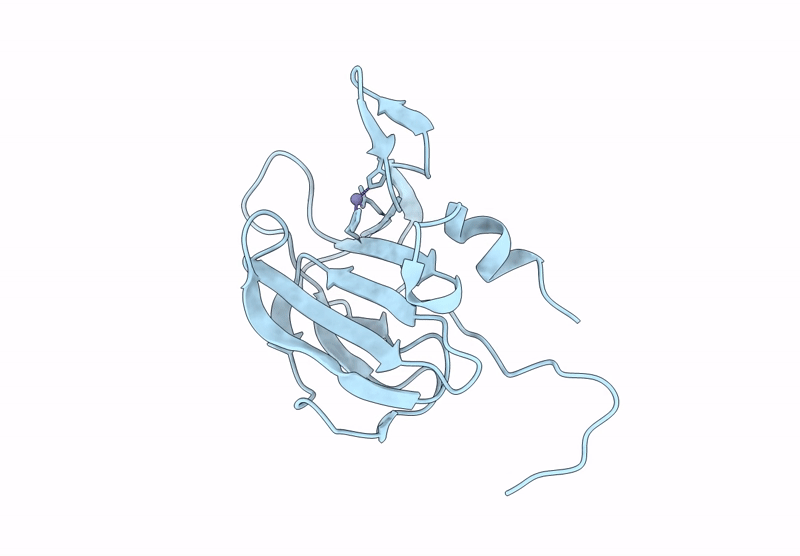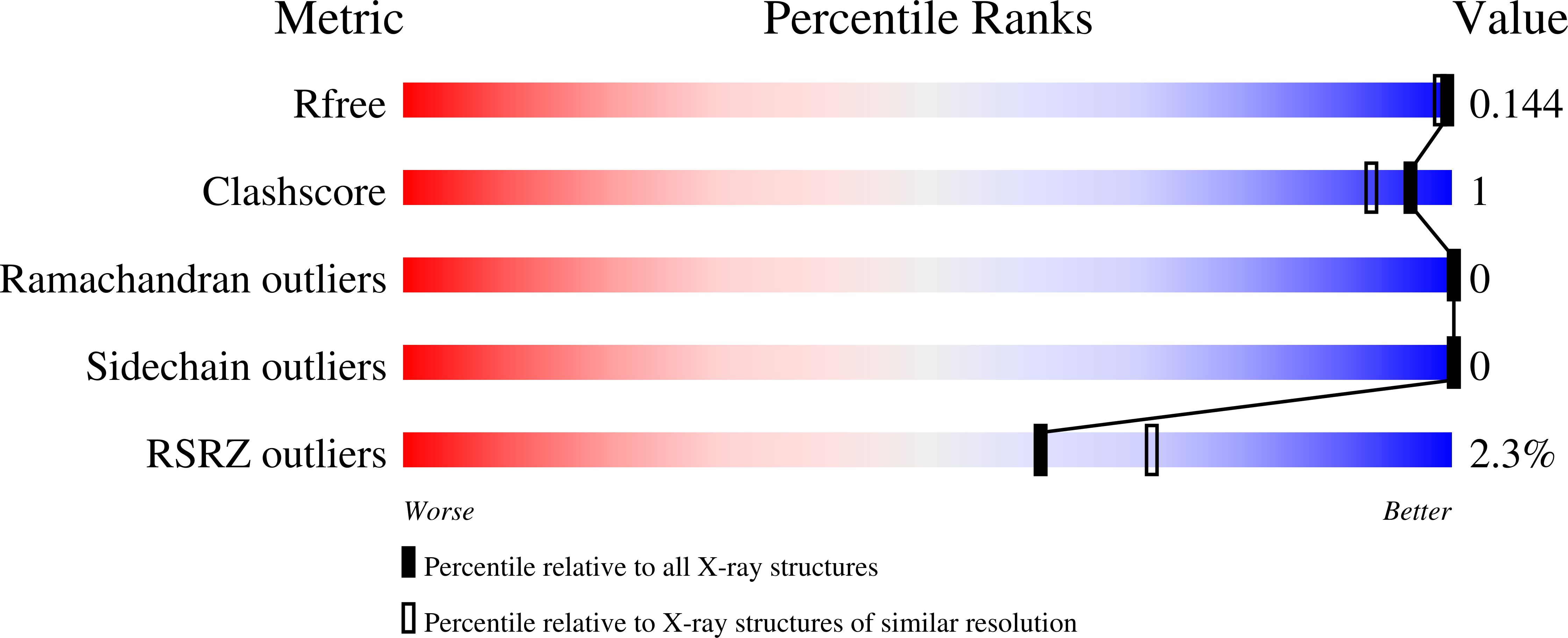
Deposition Date
2024-10-01
Release Date
2025-06-04
Last Version Date
2025-06-04
Entry Detail
PDB ID:
9GY1
Keywords:
Title:
High resolution crystal structure of StM23 peptidoglycan hydrolase
Biological Source:
Source Organism(s):
Streptococcus thermophilus (Taxon ID: 1308)
Expression System(s):
Method Details:
Experimental Method:
Resolution:
1.35 Å
R-Value Free:
0.14
R-Value Work:
0.12
R-Value Observed:
0.12
Space Group:
P 61


